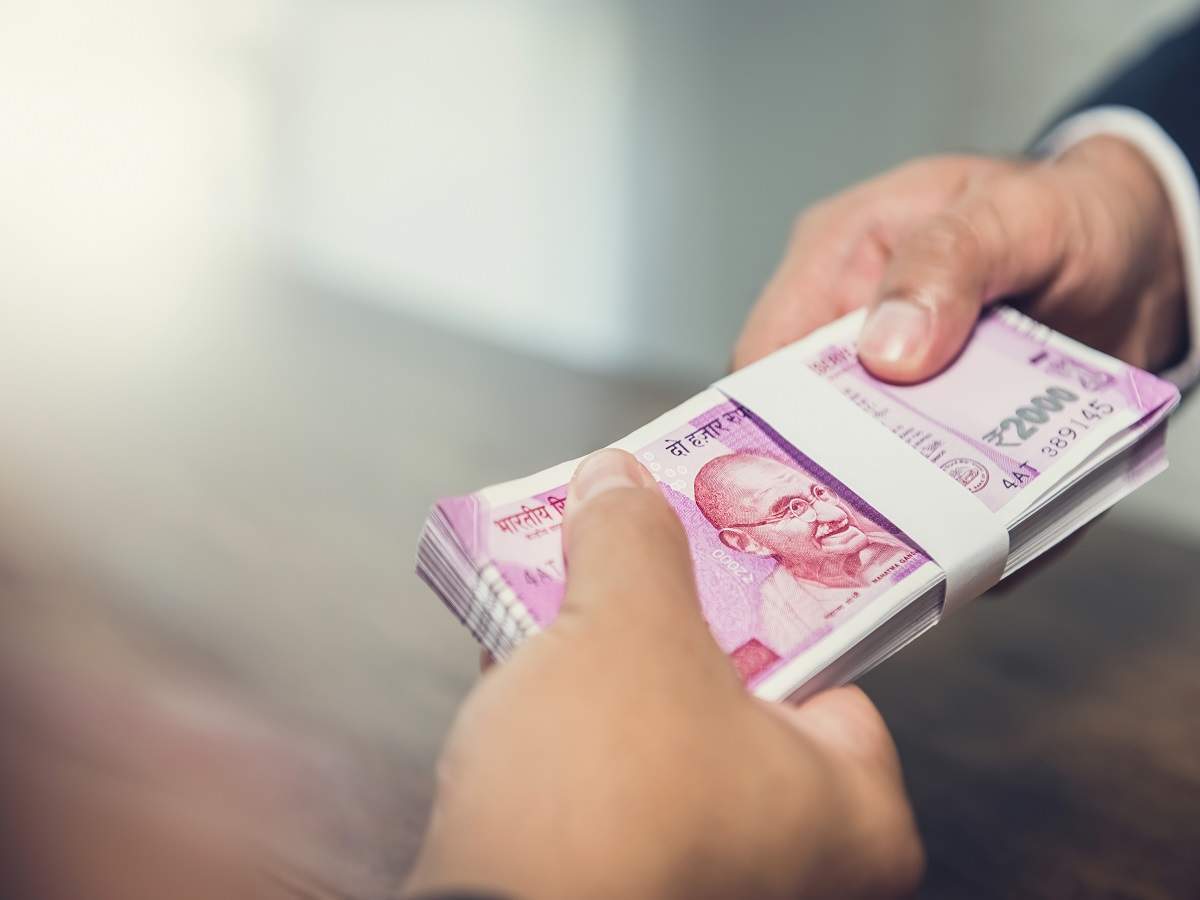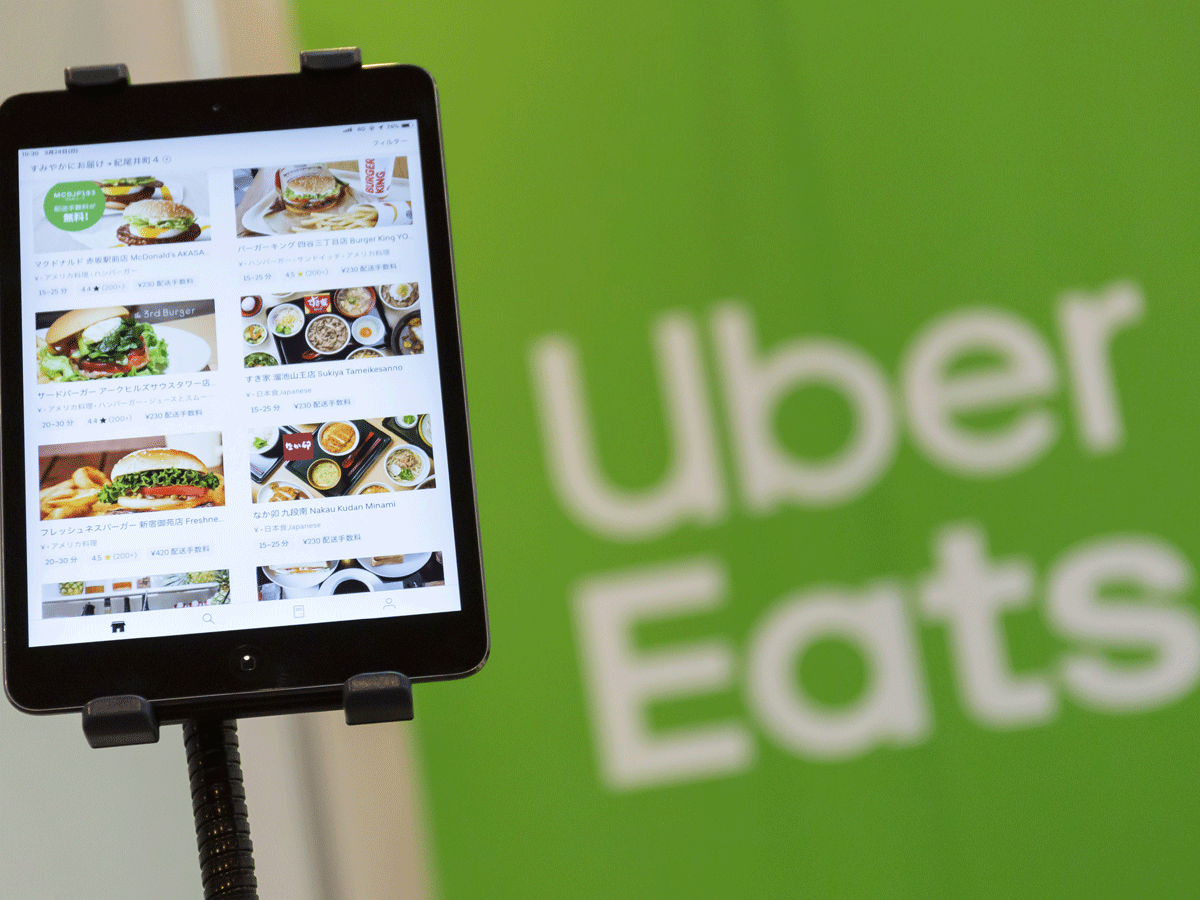
Fintech startups becoming lenders
What's the news?
A growing number of fintech startups that started as pure-play credit marketplaces or were doing loan originations, are now trying to become lending players themselves. Some of these companies have either secured a non-banking finance company (NBFC) licence from the Reserve Bank of India or have applied for one.
How is the NBFC license useful?
Firstly, it lets companies make regular money over the entire loan tenure, which is a better revenue source than just getting one-time commissions being paid per loan. Secondly, this also helps their lending partners gain confidence since the platforms have their skin in the game. But managing the asset quality as well as ensuring fundraising will be difficult going ahead for these companies. With the liquidity situation being tight now, these startups are hoping that once the market sentiments improve and the credit cycle turns, they will be able to validate their business models. Read more.

MeitY may relax intermediary guidelines
What's the news?
The Ministry of Electronics and Information Technology (MeitY) is considering dropping a contentious clause from the draft intermediary guidelines that required companies to develop automated tools to ‘actively’ monitor content on Twitter, WhatsApp, Facebook, and other platforms.
Why is this happening?
The clause around automated tools to ‘actively’ monitor content had been a long-standing demand of the home ministry and were included in the draft guidelines which were released in December last year. However, this clause has been strongly opposed by global tech giants and civil society members who have said this could raise concerns around ‘censorship’, thus curbing freedom of expression and would require them to re-engineer their products.
The final guidelines could ask the social media platforms to develop mechanisms using AI to find out accounts transmitting illegal, inflammatory or any content which could disturb law and order or threat to national security, and then take them down, a senior government official told ET. Read more.

Uber's new super-app interface
What's the news?
Uber has started testing a new super-app interface in India that integrates food delivery and ride-hailing, multiple people familiar with the matter said. This will give customers an option to pick Rides or Eats with equal visibility
The move also indicates that the company plans to actively cross-sell different properties, beginning with nudging its riders to also become eaters.
Why is this important?
This move is expected to ensure retention for both businesses and lower customer acquisition costs. Over the last few months, Uber has taken a bunch of measures to cut costs in India, including driver subsidies and customer discounts on the ride-hailing side, and reducing restaurant acquisition costs and customer discounts on UberEats.
Across the consumer internet ecosystem in India, large companies, including Amazon, Flipkart, Paytm, Swiggy and Zomato, are looking at different revenue streams to build more use cases for its customer base. Read more.

Booming fake apps business
What's the news?
Fake apps are enticing users to avail products for free, and in the process installing malware, accessing crucial data and tracking devices. These apps mostly target popular, viral apps that allow in-app purchases.
How big is the business?
The fake app business has been estimated at $2.3 billion globally in the first half of 2019, according to Tel Aviv-headquartered mobile marketing analytics and attribution firm AppsFlyer.
India is a top market for fraudsters due to low awareness, lax law enforcement, higher smartphone penetration, and a significant user base that drives a high volume of installs.
User data, generated through these apps, are sold to companies or leaked. Fraudsters also get advertising revenue either in terms of ad impressions or app installs. Read more.

Big bounty hunters at Facebook
What's the news?
Facebook's largest market India is also the country whose cybersecurity researchers receive the biggest quantum of payouts from the social media behemoth for discovering data breaches and vulnerabilities.
As per Facebook, in 2018, the company awarded over $1.1 million to security researchers from more than 100 countries, bringing the total payout till date to over $7.5 million.
What role do Indians play?
India has been among the top contributing countries based on the bounty payouts and quality of bug reports since the inception of the programme, according to Dan Gurfinkel, the security engineering manager for Facebook
Lucideus CEO and co-founder Saket Modi said his company is a top contributor in finding cyber vulnerabilities, having reported around 30 vulnerabilities to various social media companies over the past two years. Read more.